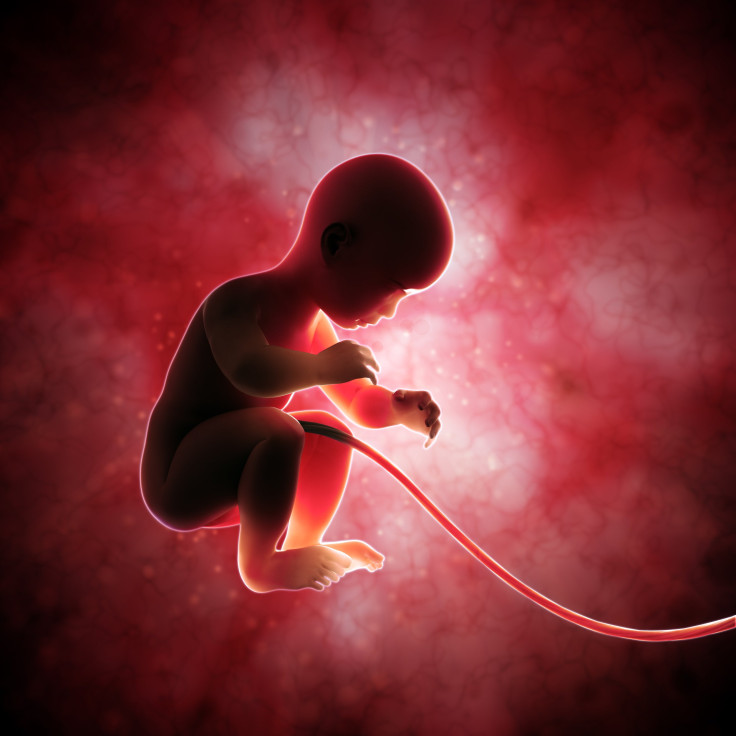The Womb Makes It Easy Being A Girl: How The Placenta Protects Girls More Than Boys

In the battle of the sexes, a new study suggests that girls have a natural advantage over boys. Researchers have found that the answer to why women carrying baby girls statistically have easier pregnancies than those carrying baby boys lies in the placenta.
In the study published in Molecular Human Reproduction, it was found that genes produced by the placenta are different in males and females. "We found that with female babies, there is much higher expression of genes involved in placental development, the maintenance of pregnancy, and maternal immune tolerance," said study co-author Sam Buckberry, a graduate student at Adelaide, as reported by HealthDay. It is known that pregnancies are more likely to have bad outcomes if the baby is a boy. This is partly due to the fact that boys grow faster from the moment of conception, and this puts them at a higher risk to lacking nutrition. This is modelled by the observation that the number of boy births fell in contrast to the number of girls during the famine in Holland during WWII.
"We've known for some time that girls are clearly winning in the battle for survival,” said Claire Roberts, lead author of the study, according to HealthDay. This study’s results can explain why female babies are less likely to have a preterm birth, still birth, neonatal death, or macrosomia — a baby that weighs more than 8 lbs., 13 ounces at birth. This production of different genes in the placenta can also explain other gender differences that exist throughout life. "Male babies generally grow faster and bigger than females. This occurs in both the animal and human worlds, but until now we haven't really understood how or why," Roberts added.
Our genes help to determine whether our bodies will develop as female or male. Most humans are born with 46 chromosomes in 23 pairs. Men have one X chromosome and one Y, while women have two copies of the X chromosome. The biological difference between men and women is a result of sex determination and differentiation. Determination, which happens at conception, controls whether an embryo will develop into a male or female. Differentiation is the actual development of the given sex.
Results from this study could possibly help scientists develop gender-specific treatment options for pregnant women, the researchers said.
Source: Buckberry S, Bianco-Miotto T, Bent SJ, Dekker GA, Roberts CT. Integrative transcriptome meta-analysis reveals widespread sex-biased gene expression at the human fetal–maternal interface. Oxford Journals. 2014



























